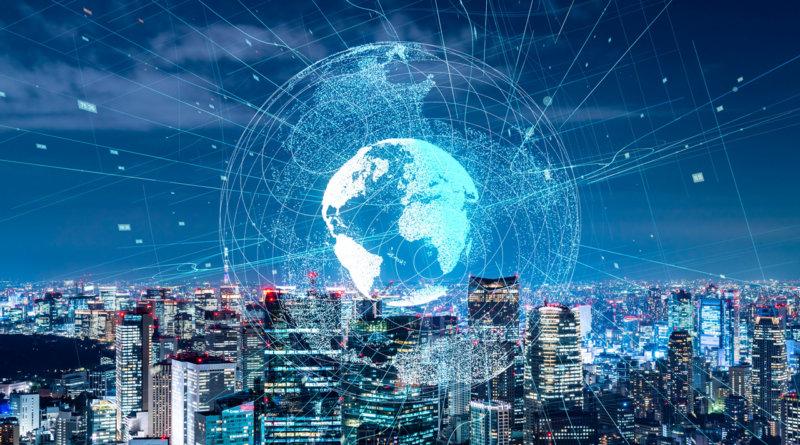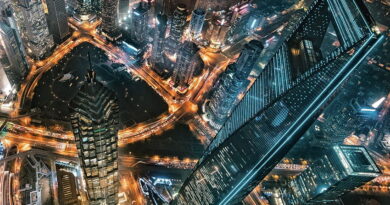Xi's eyes on the Global South: what is China's plan
During 2023, China strengthened diplomatic ties with a record number of countries.
Attention: not just any countries, but those that are part of the so-called South of the world, a concept used to indicate all developing nations that have an interconnected history (of colonialism and neocolonialism) and that share a socio-economic structure characterized by large disparities in living standards, life expectancy or access to resources.
An analysis by Bloomberg, cross-referenced with the collection of statements released by the Chinese Foreign Ministry, revealed that Beijing has increased its ties with 17 countries and territories, most of which can be labeled as "developing".
This is an enormous figure, a pace never seen before during Xi Jinping's decade-long experience as president of the People's Republic of China.
But what is Xi's goal? Simple: mobilize the global South (or Global South) to reshape the current world order, according to China guided by the United States-West union.
In other words, due to the intensification of strategic competition with the US, the Chinese government is increasingly eager to consolidate its partnership base with more countries.
Mostly with those who are economically dependent on China, who have similar worldviews or who, more simply, share a colonial past.
read also Regional cooperation with a global view: China leads the SCO's multipolar agenda China conquers the global South Going into details, among the countries that strengthened relations with China in 2023 we find Turkmenistan and Kyrgyzstan in Central Asia, Zambia and Ethiopia in Africa, as well as Venezuela, Uruguay and Colombia in Latin America.
Beijing has also strengthened ties with the Solomon Islands and Nicaragua, two nations that have severed diplomatic relations with Taiwan.
“Many of these countries are in areas of dispute with the United States and the West.
Those who lean towards Beijing will be rewarded with improved diplomatic capabilities,” Eric Olander, co-founder of the China-Global South Project, told Bloomberg.
In all this, two clear differences emerge between the geopolitical approach adopted by the USA and China.
First, while Washington is employing a diplomatic strategy based on coalitions of mostly wealthy allies, Beijing is doing the opposite, courting the aforementioned developing countries – which make up the majority of the world's population – using aid, trade and investment.
The geopolitical benefits of China's posturing, for example, were on display recently with Maldivian President Mohamed Muizzu's first visit to China, breaking conventions with previous Maldivian leaders and handing Xi a victory over his regional rival of India.
Furthermore, just as the USA strengthens diplomatic relations with already formed nations from a present-day perspective, at the same time China is betting on actors that could soon emerge on the global stage, suggesting that it wants to think in the long term.
read also Infrastructure, economy and security: this is how China wants to transform Southeast Asia Beijing's objective The US media then pointed out that there has been a change in the way in which Xi conducts diplomatic engagement.
The Chinese leader cut back on international travel last year, spending just 12 days outside China visiting four nations, the lowest number in a non-pandemic year since he came to power.
Instead, Xi invited foreign dignitaries to Beijing.
Last year it hosted around 70 leaders from the Global South, the most since 2019, mainly organizing a summit with Central Asian countries and a forum celebrating its flagship initiative to build Belt and Road infrastructure.
There are those who hypothesize that the wave of Chinese "active diplomacy" in 2023 can be linked to Xi's need to build a solid foundation for international relations.
Others believe that these moves are necessary for China to win more partners in an increasingly fragmented world.
According to this latest reading, by increasing ties with the South of the world the Dragon is securing raw materials and supply chains for the future.
What is certain is that the Asian giant intends to reshape the current global order.
And the South of the world would seem to be willing to make its contribution.




